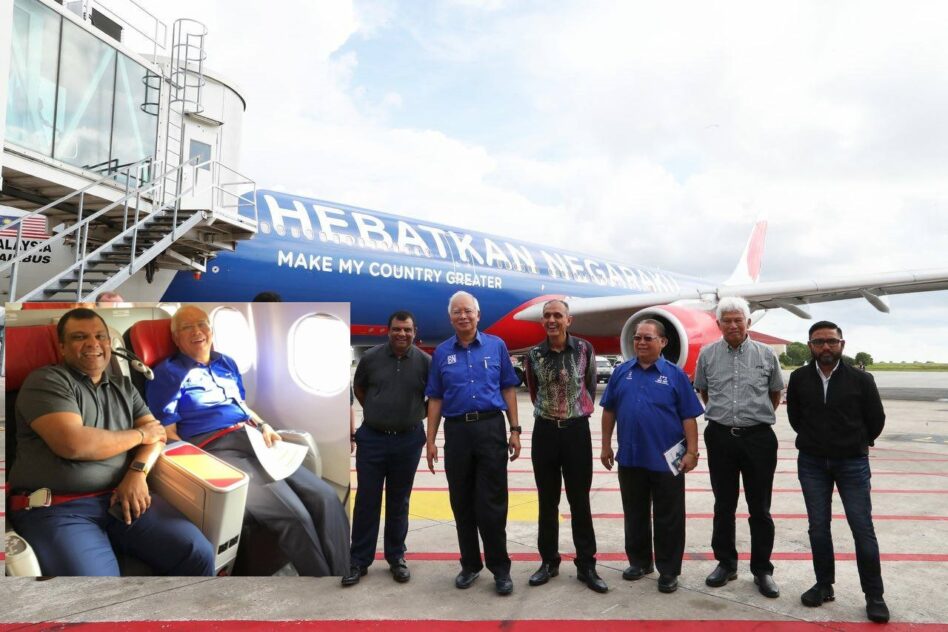AIRLINES may burn through US$61 bil (RM266 bil) of their cash reserves during the second quarter of this year and post a quarterly net loss of US$39 bil (RM170 bil) if severe travel restrictions related to Covid-19 last for three months.
Under this analysis by the International Air Transport Association (IATA), full-year demand would fall by 38% and full-year passenger revenues drop by US$252 bil (RM1.1 tril) compared to 2019.
The association, which represents about 290 airlines accounting for over 80% of global air traffic, said the fall in demand would be deepest in the April-June period with a 71% slump.
In a statement, IATA director-general and CEO Alexandre de Juniac said on top of unavoidable costs, airlines were faced with refunding sold but unused tickets following massive cancellations due to government-imposed restrictions on travel.
“Airlines cannot cut costs fast enough to stay ahead of the impact of this crisis. We are looking at a devastating net loss of US$39 bil in the second quarter.
“The impact of that on cash burn will be amplified by a US$35 bil (RM152 bil) liability for potential ticket refunds. Without relief, the industry’s cash position could deteriorate by US$61 bil in the second quarter,” he said.
De Juniac said the impact from three-month travel restrictions would be severe, as airlines’ revenues were expected to fall by 68% and this was less than the expected 71% fall in demand due to the continuation of cargo operations, albeit at reduced levels of activity.
“The variable costs are expected to drop sharply, by some 70% in 2Q, largely in line with the reduction of an expected 65% cut in 2Q capacity.
“The price of jet fuel has also fallen sharply, although we estimate that fuel hedging will limit the benefit to a 31% decline,” he said.
He noted that the fixed and semi-fixed costs would amount to nearly half of an airline’s cost.
“We expect semi-fixed costs, including crew costs, to be reduced by a third. Airlines are cutting what they can, while trying to preserve their workforce and businesses for the future recovery,” he added. — April 1, 2020, Bernama










